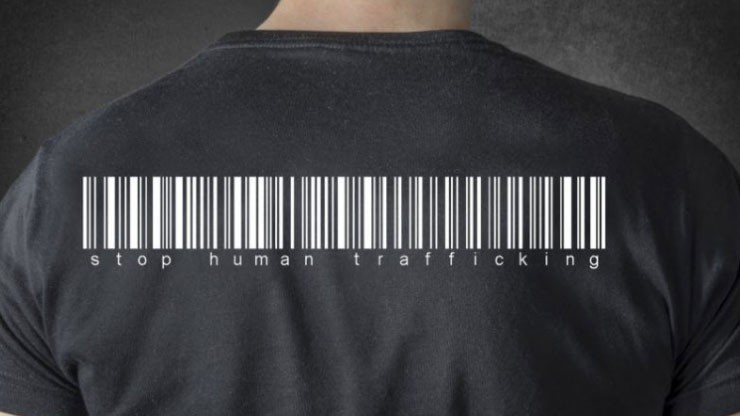Ending Human Trafficking - How Can You Get Involved?
| 3 MIN READ

Since 2010, January 11 has been recognized as National Human Trafficking Awareness Day. Those in the transportation and logistics industry can have a huge impact on ending this abuse. Post your stories and questions with the tag #HumanTraffickingAwarnessDay.
"As the eyes and ears of our nation's highways, [truckers] are in a unique position to make a difference and close loopholes to traffickers who seek to exploit our transportation system for their personal gain." - Truckers Against Trafficking
Truck drivers are a unique group; they see more of the United States than probably anybody else. And because of the nature of the job, many truckers are keenly observant people. When you have to be on point all day – navigating traffic, road obstructions and deadlines – your senses of observation and attention get a lot of practice. Truckers are an important ally in the fight to help notice and put an end to dangerous situations such as human trafficking. There are many stories of drivers doing just that. Human trafficking relates to the illegal movement of people, typically for the purposes of forced labor or commercial sexual exploitation. It affects individuals such as nannies or maids, sweatshop workers, janitors, restaurant workers, migrant farm workers and more. Unfortunately, truck stops are popular locations for human trafficking – the most common form being centered around the sex trade. Crimes have been reported in all 50 U.S. states, and the constant movement at truck stops provide the perfect platform for unnoticed (or unreported) activities. But we aren't necessarily trained in what to do when we notice a situation possibly related to human trafficking. Watch this training video from Truckers Against Trafficking to get started on helping end this abusive and illegal trade. Traits that may identify a victim of human trafficking indicate the individual: Work/Living Conditions
- is not free to leave or come and go as they wish
- is under 18 and providing commercial sex acts
- is unpaid, paid very little or paid only through tips
- works excessively long/unusual hours
- is not allowed breaks or suffers under unusual restrictions at work
- was recruited through false premises concerning the nature/conditions of their work
- works/lives in an area with high security measures (e.g. opaque windows, boarded windows, bars on windows, barbed wire, security cameras, etc.)
- is fearful, depressed, submissive, tense or nervous/paranoid
- exhibits unusually fearful/anxious behavior after bringing up law enforcement
- avoids eye contact
- lacks health care
- appears malnourished
- shows signs of physical/sexual abuse, physical restraint, confinement or torture
- has few or no possessions
- is not in control of their own money, financial records or bank account
- is not in control of their own identification documents
- is not allowed/able to speak for themselves
- claims they are just visiting and cannot identify his/her location or address
- has numerous inconsistencies in their story

